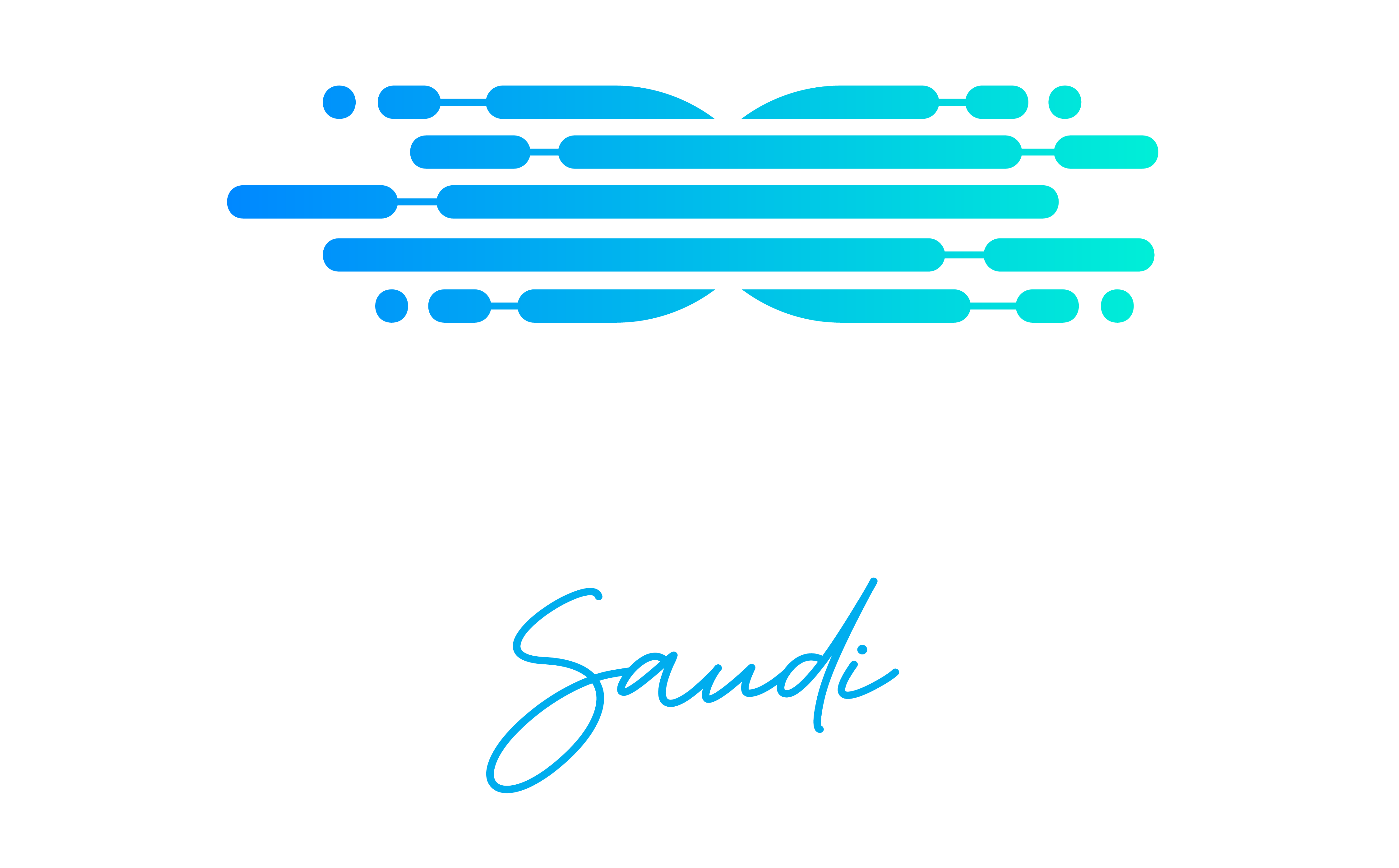WAM Tech Talks 5.0 - Dr Mohammad Alali
As manufacturing and sustainability agendas evolve across the region, the need for research that bridges policy and practice has never been greater.
Dr.Mohammad Alali , CEO and Founder of TRENDS Research & Advisory , has built a platform recognised for translating academic rigour into practical strategies. In this interview, he discusses how his team delivers actionable insights, the macro trends influencing industry, and how collaboration can drive resilient and innovation-led economies.
1. Tell us about the mission and main research pillars of Trends Research & AdvisoryTRENDS Research & Advisory is a globally recognized think tank committed to producing evidence-based research that informs public policy and strategic decision-making. Our mission is to bridge the gap between academic knowledge and real-world policy challenges by operating at the intersection of research, innovation, and diplomacy. TRENDS provides data-driven insights that support both public and private sector leaders in navigating complex regional and global dynamics.
Our core research pillars include economic forecasting, technology and innovation, industrial transformation, and sustainable development. Through these pillars, we aim to foster resilience, competitiveness, and inclusive growth across emerging and established markets.
2. What recent or upcoming research projects do you feel align closely with the themes of WAM Saudi?We focus on research initiatives that align closely with WAM Saudi’s focus on modernizing manufacturing through digital transformation and sustainability. Notable examples include:
- Industry 4.0 and Smart Manufacturing: TRENDS has been exploring applications such as advanced robotics, real-time analytics, and AI-driven process automation to optimize production workflows, reduce downtime, and boost operational agility.
- Sustainable Industrial Practices: Research on energy-efficient manufacturing, circular economy models, and the integration of renewable energy within production lines has helped frame strategies that balance operational efficiency with environmental stewardship.
- Regional Innovation Ecosystems: TRENDS has published insights into building industrial clusters that combine innovation hubs, investment in digital infrastructure, and policy frameworks to drive resilient, tech-enabled manufacturing ecosystems across the UAE and Gulf region.
These initiatives mirror WAM Saudi’s agenda to transform Saudi Arabia’s manufacturing landscape through innovation, automation, and ecological responsibility.
3. Can you share how your team combines academic research with actionable insights for industry leaders?We adopt a hybrid research model that integrates academic rigor with practical applicability. Our multidisciplinary team applies advanced methodologies—including data analytics, forecasting tools, and qualitative assessments—to ensure that our research meets the highest standards of credibility.
What sets us apart is our ability to translate complex research outcomes into strategic insights that are directly usable by policymakers and industry leaders. We regularly engage with stakeholders from government, business, and civil society through policy roundtables, industry briefings, and global forums.
These engagements help contextualize our research within real-world challenges and ensure that our recommendations are both relevant and implementable. For instance, our recent work on AI governance, climate policy, and renewable energy—highlighted in forums such as the World Governments Summit and our collaboration with organizations like IRENA—demonstrates how we align academic depth with pressing strategic priorities.
Additionally, through platforms like the Trending Echoes, the WhatsApp Knowledge Hub, and regional offices from Washington, D.C. to Istanbul, we ensure that our insights reach decision-makers in an accessible and timely manner. This approach not only informs immediate action but also shapes long-term thinking across sectors.
4. What global macro trends do you see as most influential for the future of manufacturing in the GCC?Several global macro trends will shape the GCC’s manufacturing future, including widespread adoption of automation and artificial intelligence, a focus on creating resilient and localized supply chains, the urgent shift toward green and circular manufacturing models, and the development of integrated digital ecosystems that enhance productivity, flexibility, and sustainability.
- Automation and AI-Powered Production: AI and machine learning have a transformative role across sectors. In manufacturing, these technologies enable predictive maintenance, quality control, and real-time optimization—boosting efficiency while reducing costs and downtime.
- Localized and Resilient Supply Chains: Reflecting regional shifts toward economic self-reliance, building stronger internal supply networks is imoprtant. This alignment supports GCC efforts to reduce external dependencies and enhance manufacturing resilience.
- Green and Circular Manufacturing: Sustainability remains a cornerstone of the GCC’s agenda, evidenced through its focus on energy transition and climate policy. As manufacturing in the GCC evolves, there is increased momentum toward ecofriendly practices—including resource recycling, clean energy integration, and lifecycle thinking.
- Tech-Driven Industrial Ecosystems: Digital infrastructure and innovation ecosystems increasingly shape regional growth. In manufacturing, this translates to integrated platforms—from robotics and IoT to AI-enabled logistics—that enhance flexibility and agile production.
Our collaboration goes beyond publishing insights—it’s about building bridges between evidence-based research and real-world impact. We actively engage partners through workshops, policy roundtables, traning events, tailored advisory sessions, and pilot initiatives that allow testing of various strategies.
Whether conducted via our regional offices—including our HQ in Abu Dhabi or international hubs—or through digital platforms like the Trending Echoes, these sessions help stakeholders interpret research outcomes and apply them directly to their operational frameworks. This interactive approach ensures research insights are grounded in operational realities and aligned with policy objectives, facilitating the co-creation of actionable roadmaps that support both industrial growth and governance priorities.
Beyond delivering strategic insights, TRENDS invests in future leaders via the revitalized Youth Council and Advisory Council. These programs empower emerging talent with research tools and mentorship, creating a pipeline of innovation-ready professionals who can implement and evolve the strategies we create.
6. What do you hope to achieve through your partnership with WAM Saudi?Through our partnership with WAM Saudi, we seek to foster knowledge exchange and innovation-driven collaboration that strengthens local capabilities, supports policy frameworks, and ultimately contributes to establishing the Kingdom as a regional manufacturing and technology hub.
Secondly, drawing on our experience partnering with governments and international institutions, we intend to co-create actionable recommendations for Saudi policymakers to strengthen frameworks that underpin industrial competitiveness and sustainability.
Finally, by leveraging TRENDS’s expertise in AI, energy transition, and sustainable development, we aim to support the Kingdom’s industrial transformation—modernizing manufacturing practices while emphasizing efficiency, digitalization, and environmental stewardship.
7. How can event participants and stakeholders best engage with your research during and after the event?Participants and stakeholders can engage with TRENDS Research & Advisory’s work both during and after the event through a range of interactive and accessible platforms. They are encouraged to attend expert-led presentations and take part in interactive Q&A sessions that provide direct insights into our evidence-based research.
Post-event, our comprehensive reports, policy briefs, and executive summaries are made available through digital platforms, including the website and WhatsApp Knowledge Hub. We also maintain continuous engagement through newsletters, ensuring that our insights remain timely and actionable. For those seeking deeper involvement, we offer tailored consultations, strategic advisory support, and follow-up briefings.
Additionally, our initiatives such as the TRENDS Youth Council and international expert forums provide ongoing opportunities for dialogue, knowledge exchange, and capacity building.



)